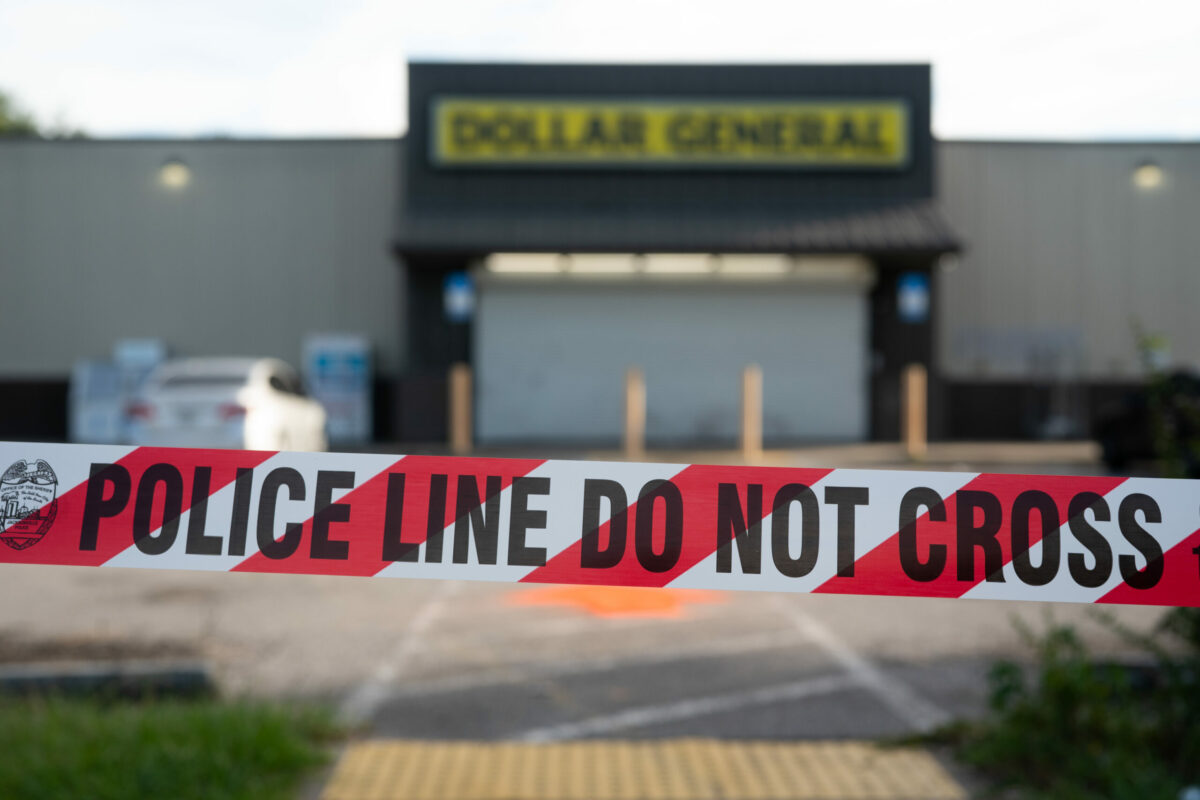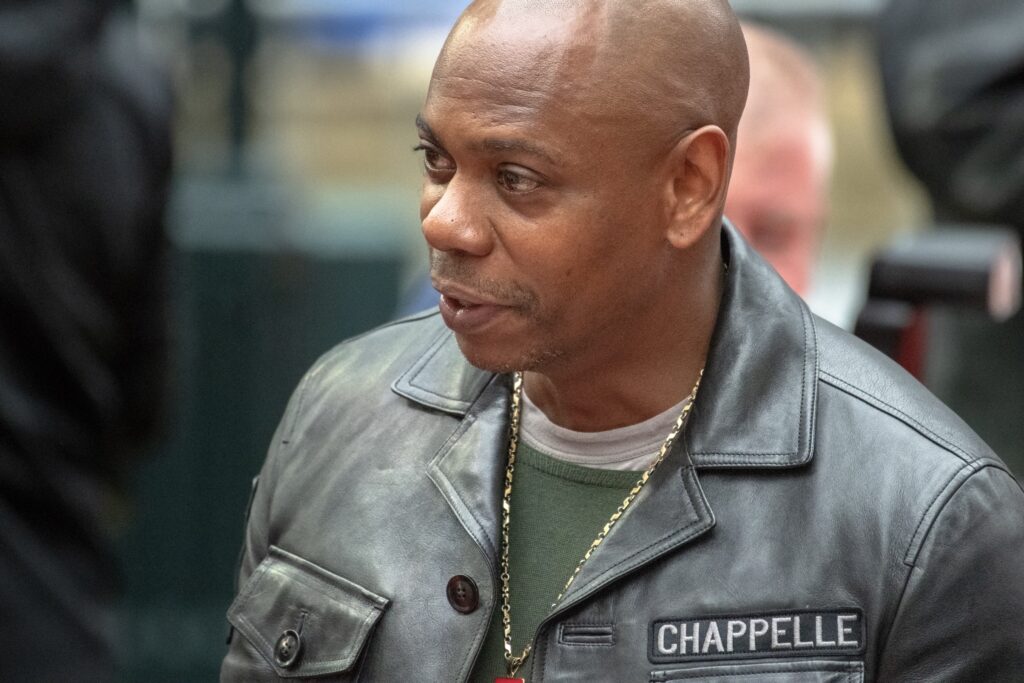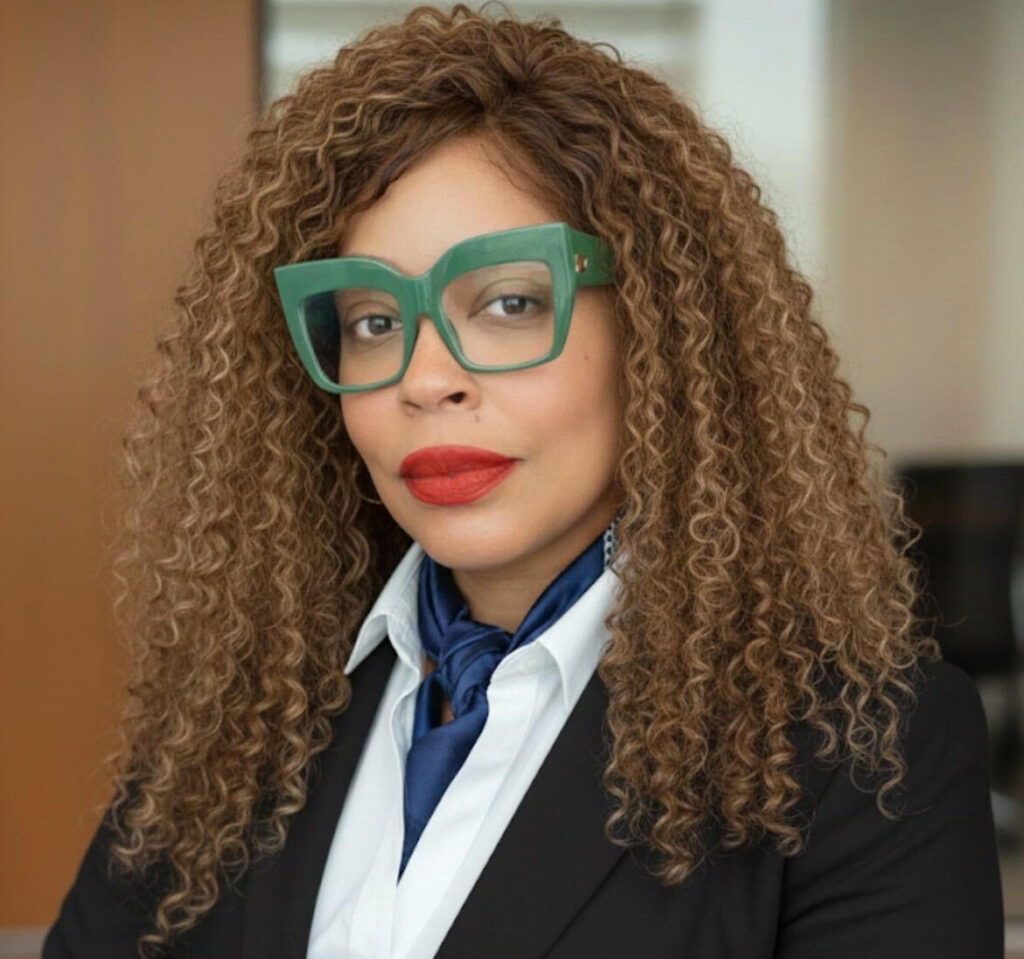
Historically Black colleges and universities have been spurred to action to address pressing security concerns on their campuses following last weekend’s Jacksonville, Florida, shooting.
According to U.S. News & World Report, the gunman who shot and killed three Black Florida residents at a New Town Dollar General stopped in the parking lot of Edward Waters University to dress in tactical gear before the shooting at the store. A vigilant campus police officer noticed the shooter, a young white male carrying a rifle with swastikas painted on it, and approached him, causing the armed man to speed away in his vehicle and away from the HBCU campus.
While the confrontation forced him off the campus, his initial presence sparked fear and anxiety in HBCUs nationwide. Nat Glover, a former president of Edward Waters and Jacksonville sheriff who himself was a victim of a violent racial incident, expressed his dismay following the Jacksonville shooting and the gunman’s brief presence on campus.
Glover said, “We are just in an environment now that is toxic as it relates to race,” said Glover.
“This notion of us against them, Black versus white, is being promoted. It would be almost criminal if we didn’t take notice and make sure we do everything we can to secure and present an image that these places where Black people congregate are secure.”
Current Edward Waters University President Zachary Faison Jr. announced in a press conference that he believed the HBCU to be the original target of the Jacksonville Dollar General shooting.
“[Our security thwarted] what we believe were the original aims of this white supremacist domestic terrorist, to come to the state of Florida’s first historically Black university and wreak murderous havoc.
“It was not by happenstance that he came here. He could have gone anywhere. Align that with the fact that he said he wanted to kill N*****s. He came to where he thought African Americans would be. It’s also not lost on me that he came to New Town community, the heart of the Black community in Jacksonville.”
The threat was not limited to Edward Waters. The FBI reported that threats to HBCUs in general have been increasing and cited an alarming number of bomb threats made toward more than 20 different HBCUs across America.
The continuous threat to Black student safety has forced these universities to address the concerns by increasing the presence of law enforcement, counselors, and social workers on their campuses. The recent uptick in violent incidents prompted the U.S. Department of Education to supply funds to four Black institutions that will allow them to conduct regular wellness visits and hire a “field training specialist” to teach staff members more specialized security actions and responses.
Additionally, most Black college campus police are certified law enforcement agencies with sworn officers to protect the student body.
National Urban League President Marc Morial acknowledged the importance of the security measures due to the fact that white supremacists with violent tendencies tend “to target a college, a university, a church, a synagogue … this is a pattern.”
Morial continued, “University campuses, like many campuses, are open spaces, welcoming to the community and to students. And now, in light of this threat, everyone’s got to be more vigilant and tighten up security.”





